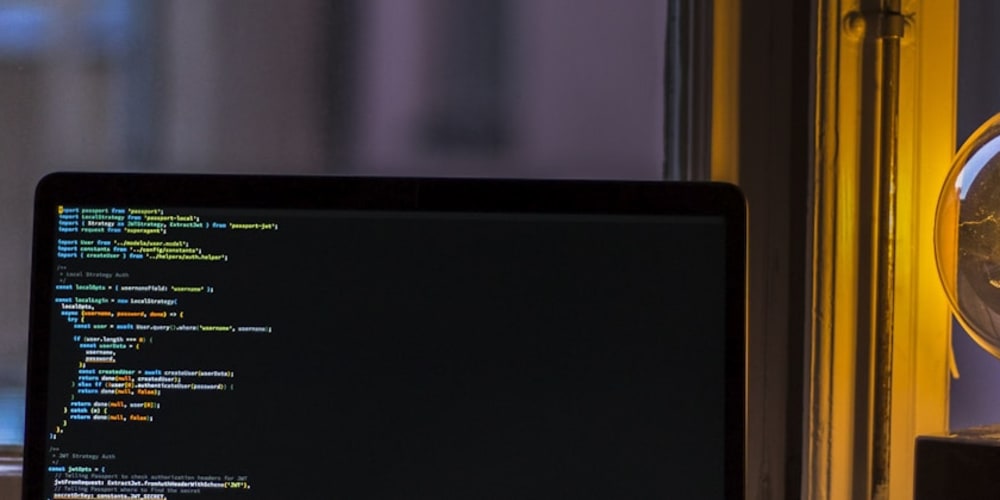Writing Python code is enjoyable but, heed the warning, though: your code must be original; you are not to have blindly copied someone else's code. If you have then, it's considered plagiarism.
There exist online tools that are called Python plagiarism checkers which might be used for the detection of similar code, but the best means to avoid plagiarism is to just be mindful while you code. Here are some easy tips to follow:
- Before you start coding, always take a bit of time to just understand what the problem is trying to get at. That will be useful in sort of building your own approach and not lifting off right from someone else's solution.
- There are a lot of great resources on the internet in the form of examples in Python code. Do follow them to learn concepts, but don't just copy and paste them into your project; rather, take the liberty to rewrite it yourself in your own words and try to understand how it works.
- Syntax versus concepts— Very likely, the way you write your code would look somewhat like that of someone else, but it doesn't mean plagiarism. Emphasize learning the concepts behind what is written in the code and how such a result is achieved.
These tips will ensure that your Python code is directly not copied and is representative of your understanding and skills. Good coding isn't about copying; it's about learning and creating! If you’re searching for a reliable and trustworthy Python Plagiarism Checker then you should use Codequiry. The tool detects all forms of unoriginal code. Visit the website and learn more about this tool.



















